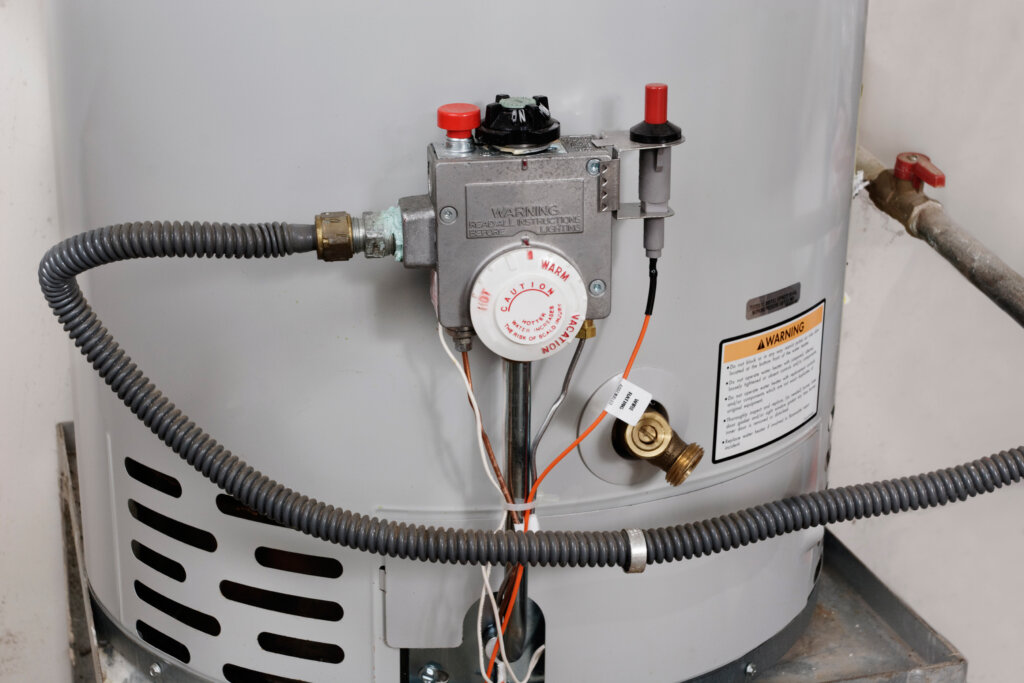Water heaters are an essential component in our homes, providing us with the luxury of hot showers, clean dishes, and more. Yet, choosing the right water heater can be daunting given the myriad options available. Here’s a guide to help you understand the differences and make an informed decision.
Types of Water Heaters
1. Tank vs. Tankless
- Tank Water Heaters
These have a reservoir where water is heated and stored until needed. They offer a large volume of hot water but can be less energy efficient due to standby heat loss.
- Tankless Water Heaters
Also called on-demand heaters, they heat water directly without the use of a storage tank. They can be more energy-efficient, especially for homes that use a lower amount of hot water.
2. Direct-Fired vs. Indirect-Fired
- Direct-Fired
The flame directly heats the water in the storage tank.
- Indirect-Fired
They use the home’s space heating system to heat the water. They’re connected to a boiler that heats a secondary transfer fluid which, in turn, heats the water.
Fuel Sources
- Natural Gas and Liquid Propane
These are common fuel sources for water heaters, especially in urban areas. They can heat water quickly and are often less expensive than electricity.
- Oil
Predominantly used in areas where other fuels are scarce, oil-fired heaters are efficient but may be costlier to operate due to fluctuating oil prices.
- Electricity
Electric heaters are widely available and can be used anywhere electricity is present. They might have higher operational costs compared to natural gas heaters.
- Solar Energy
Solar water heaters use energy from the sun to heat water. They’re eco-friendly and can significantly reduce energy costs, though initial installation might be pricier.
- Geothermal Energy
These utilize the earth’s consistent temperature to heat water, making them extremely energy efficient.
Factors to Consider
- Fuel Availability and Cost
Evaluate which fuel sources are readily available in your region and compare their prices.
- Size
Ensure the unit can meet your household’s hot water demand. A larger family might benefit from a tank system, while smaller households could consider tankless.
- Energy Efficiency
Check the Energy Factor (EF) rating. A higher EF indicates a more efficient unit, which can result in long-term savings.
- Cost
Consider both the initial investment and the long-term operational costs.
Choosing the right water heater can impact both your comfort and your wallet. It’s crucial to understand your needs and the options available. For residents in Phoenix, AZ considering a new water heater, Tucker Hill offers professional water heater installation and plumbing services, ensuring a seamless transition to warm, comforting waters.

